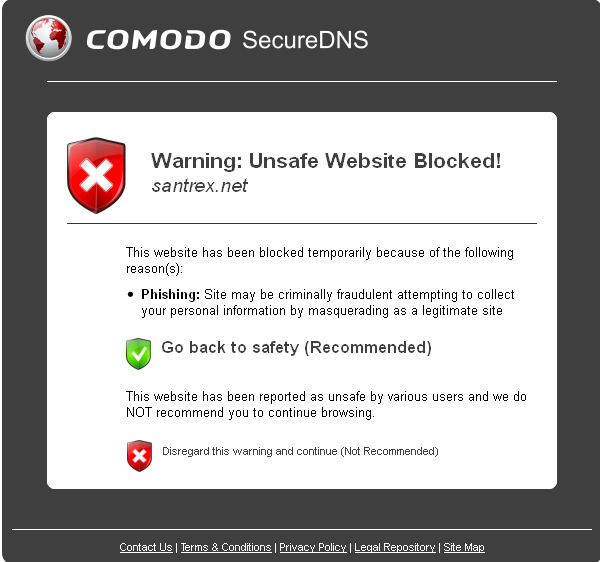![Sasurai no Shoujo Nell - 01.mkv_snapshot_20.22_[2011.11.06_18.23.17]](https://smilecitrus.info/wp-content/uploads/Sasurai-no-Shoujo-Nell-01.mkv_snapshot_20.22_2011.11.06_18.23.17.jpg)
I'm starting to suspect that Lamar Smith introduced this bill as part of his sinister scheme to force libraries to close so he'll be able keep that copy of Tropic of Cancer he borrowed from the public library in 1971.
The Author’s Guild as well as a bunch of other associations of authors including some Canadian, Australian, and Swedish groups, are suing the damned library over IP infringement.
I recently read The Ark Sakura by one of my all time favourite authors, Kobo Abe. When I added it to my LibraryThing book collection I noticed that it lists among the various editions of the book “Ebooks: 1 pay”. So I clicked the link and a window with a link to HathiTrust, an organization I had never heard of before, opened up.
Nonetheless, I could tell immediately that this was something I would like. I did a quick Google search and found out that it’s an organization that has been undertaking a massive digitization process of vast quantities of both public domain and currently copyrighted content in cooperation with Google Books and their army of scanner monkeys.
The coalition of whiners claim that HathiTrust has engaged in, “…systemic, concerted, widespread and unauthorized reproduction and distribution of millions of copyrighted books and other works” All of this, they allege, “…without the permission of their authors or other copyright holders”
Yeah, according to the complaint, they have (let me suppress the drooling) 435 TB of content and 73% of their content is copyrighted.
These folks also want to stop the “Orphan Works Project” by which orphaned copyrighted works would have been made available to college kids.
HathiTrust, in its defence, said what they were doing was fair use. I have to agree with the IP holders in their basic assertion of “that dog won’t hunt”. On the other hand, suing a library is really about as close as you can get in real life to the quintessential superman villain level of nefariousness.
Of course, you could say that what these libraries are doing is no different from what people do at thepiratebay and you’d be right. The difference between what HathiTrust are doing and what brick and mortar (I hate this neologism so much) libraries do is that somebody at some point on the supply chain did purchase each and every one of those books. I don’t know how physical libraries get their books, but I suspect most of them are either bought or donated. If they’re donated, then the donator probably purchased them or received permission to donate them at some point. Those books are paid for. If there’s only one copy of the Atlas Shrugged coffee table book in the whole establishment and somebody has already borrowed it when I visit the library, I’ll be forced to seek my casual brunchtime Tea Party propaganda elsewhere.
With a digital library, Google can scan the book from one physical copy (or several so they can scan more than one page at a time…I’d love to see the setup they use at Google Books) and then HathiTrust can make that available to countless students. Even if the library is not available outside the university network, that’s still many tens of thousands of people who will have free access to the content and there wouldn’t be any problem if 50,000 of them all wanted to borrow This is Herman Cain! at once because they could easily do so.
Indeed, they wouldn’t even have to “return” the books. According to the DMCA, libraries can make digital copies of copyrighted works in their collection without permission as long as the files are not used outside the library. This sounds, to me at least, like the law is basically saying that digital copies are fine as long as they’re burdened with uncrackable DRM or some phone-home mechanism that would prevent a library patron from “borrowing” the digital book and then printing it, making a copy, backing it up, sharing it by P2P, converting it to another format, etc… As long as the copyrighted digital content the library makes available is locked down enough so that it’s not possible to distribute or alter, it sounds like everything is fine and dandy.
I know that JSTOR violates this provision of the DMCA blatantly, but that’s another story, although I do approve of it in purely ethical terms.
In any case, I just thought that this was a pretty amazing thing that’s going on. I’m always surprised by all of the digital content that my university gives us access to just by virtue of being students. They’ve never met me before; for all they know I could be archiving all the stuff they allow me to access (DRM free, I might add) and redistributing it.
Make no mistake though; I say all of this not to discourage libraries and universities from doing this. I just want to emphasize that there really are bad apples out there. Nonetheless, we shouldn’t let the reality that some people will abuse the system deter us from having libraries and other nice things in the first place (teehee: I just got a mental image wherein Internet access was declared an inalienable right and hobos gleefully fire up the computers to watch pornography in the public libraries). What these universities do may be illegal, but I think it’s ethical nonetheless. I view it as an extension of the concept of a public library. Public libraries have been exempt from some aspects of copyright law for a long time. Before widespread use of computers, libraries were still allowed to make up to three copies of copyrighted works within the library without permission from the copyright holder as long as the copy was being made to replace an old or unusable copy that would then be discarded (or maybe it had to be destroyed…I don’t remember). The point is that only a fringe minority of people think that libraries should be condemned as IP infringers. Rather few people believe that we should outlaw public libraries. In that vein, I view scanning, OCRing, and making available for free download copyrighted works via the Internet or university intranetworks as a logical extension of the concept of a public library. Again, it seems obvious that it’s illegal, but I do not think this means it’s unethical. Just like how I applaud scofflaw Aaron Swartz, I support what HathiTrust is doing here. It’s courageous and just.




![Sasurai no Shoujo Nell - 01.mkv_snapshot_20.22_[2011.11.06_18.23.17]](https://smilecitrus.info/wp-content/uploads/Sasurai-no-Shoujo-Nell-01.mkv_snapshot_20.22_2011.11.06_18.23.17.jpg)






